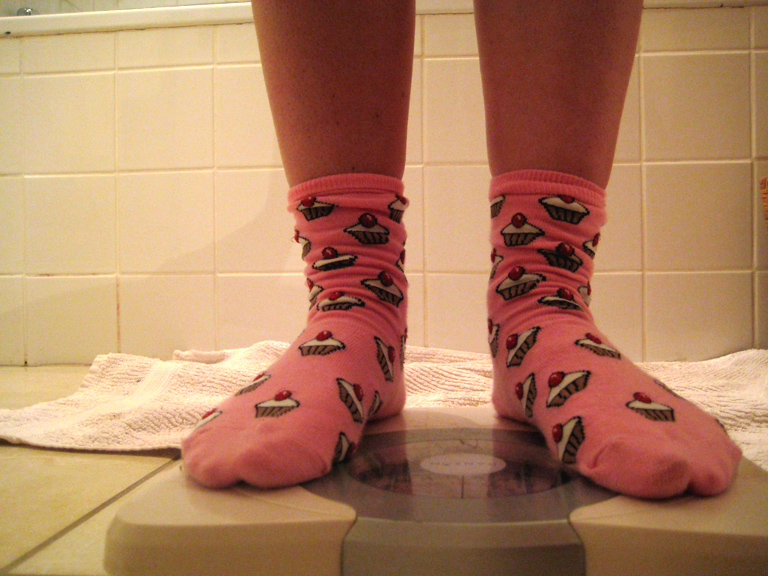I’m of the age when I should be lifting weights — to help manage my increasingly decreasing metabolism and ward off bone density loss. And actually, I like strength training. But not as much as Greg Everett, founder of Catalyst Athletics and Olympic-style weightlifting coach. The author of Olympic Weightlifting for Sports, Greg is considered an expert on this sport, which requires quite a bit of calculations. Take a look.
Can you explain what you do for a living?
As a coach for my competitive weightlifting team, most of my time is spent creating training programs for my weightlifters and coaching them during their daily training. I also write and edit books, as well as program our website.
When do you use basic math in your job?
I use math every day. Most commonly, I use it to calculate training weights based on percentages of a lifter’s maximum lift, or to calculate a percentage based on the weight used. I also have to convert pounds to kilograms often; the sport of weightlifting uses kilograms officially, but sometimes individuals only know weights in pounds. During program design, I also use math to calculate other figures like volume (in this case, the number of repetitions performed in a given time period) to allow me to track and plan a lifter’s training. And of course, I have to be able to add the weights on the barbell quickly to know what a lifter is lifting. In weightlifting, weight plates are color coded to make this easier.
Do you use any technology to help with this math?
I do use a calculator frequently during program design for calculating percentages because I need it to be accurate. Calculations of volume are done with functions in the Excel spreadsheets I use to write programs. I normally do pound/kilo conversions in my head as much as possible just for the sake of practice.
How do you think math helps you do your job better?
Understanding some fundamental math concepts allows me to design better training programs and develop my weightlifters more successfully. Without math, there would be too much guesswork, and training athletes to high levels of performance requires accuracy.
How comfortable with math do you feel?
I didn’t particularly enjoy math as a student, although I never struggled with it. I’m comfortable with the math I use frequently in my work and am fairly comfortable with basic algebra, geometry and the like. I feel like I have the math tools to be able to solve problems in life well, but certainly any more complex math I learned as a student has been forgotten simply because I don’t use it often enough.
What kind of math did you take in high school?
Just the standard algebra and geometry; I didn’t take any advanced math courses in high school and was an English major in college. I felt that I was good at math to the degree that I was interested. That is, I never struggled with the concepts or the execution, but I also didn’t push myself beyond what I needed to learn. In retrospect, I wish I had put more time and effort into math and the sciences in school to build a better foundation.
Did you have to learn new skills in order to do the math you use in your job?
I didn’t need to learn anything new for my job; what I learned in school was adequate. As I mentioned previously, I wish now that I had more exposure to more advanced math and science as a young student. At that time, I wasn’t interested enough to pursue it beyond basic requirements, but at that age you can’t predict well what you’ll end up doing in life. My advice to students would be to put as much time and effort into your schooling as possible because that time will be your greatest opportunity to learn. You can certainly regret not knowing enough, but you’ll never regret knowing more than you need.
Even jocks use math! Do you use math in your exercise program? Share your experiences in the comments sections — along with any questions you have for Greg. I’ll ask him to swing by and respond!


